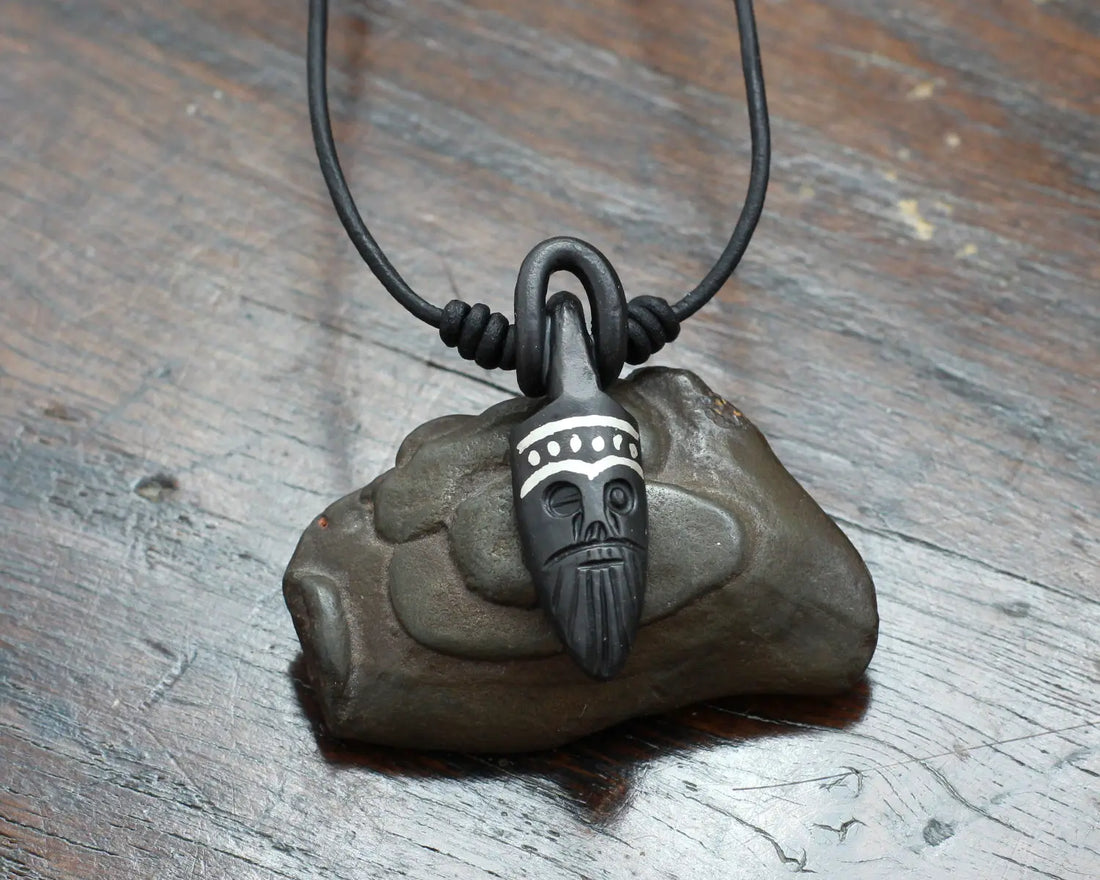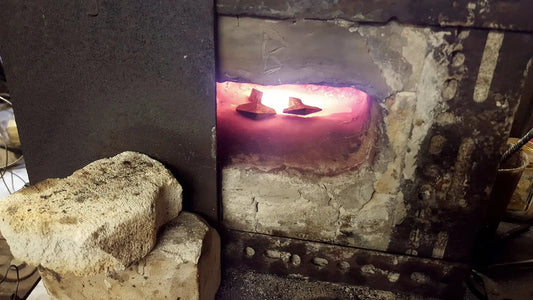
Valhalla. How a kenning became a word.
The following is my interpretation. I am not a scholar in the topic. I am bilingual and that give me a keen interest in languages and translations. Language affects culture and worldview so the following theory has come by from expoloring Old Words.
One of the few things that the old Norse left for us from the depths of history are poetry. It is from that poetry that most of what we know about their believes, religion and world.
Words and language played a huge role as for hundreds of years, knowledge was passed from one speaker to another. Trying to remember complex stories, a few memory aids where used. One such is kennings.
Norse poetry used kennings, a type of word play where a thing is described not by the word allocated to it, but by a description... A long ship became a sea stallion, A raven was a blood swan and a king was a giver of rings.
The measure of a good poet was the imagination he or she used to create more complex and yet understandable word play.
We as modern readers find it sometimes difficult to understand the short hand, after all our daily lives are much different from those of people from a 1000 years ago.
Some kennings evolve to become concepts of themselves. One such is Valr, That gives us Valhalla. Valr is said to translate to mean people who have fallen in battle. So that would mean that Valhalla is the "hall of the battle slain".
Val also means choice. Infact, take part in elections in most of Scandinavia today, you will find "Val" written in one form or another.
Once upon a time well over a 1000 years ago, those who were slain in battle were said to be chose by Odin. It may have been easier in grief to tell the family of those died with valor, that they where chosen, Val, as opposed to slain. There is no defeat in the word. They feasted in Odin's hall, the hall of those chosen by him... Valhalla.
With time the word took permanent meaning and as the old religions gave away to the new, calling thosen slain in battle as chosen, remained, wether concious or not of its very Heathen roots.
Glaðsheimr heitir enn fimti,
þars en gullbiarta
Valhöll við of þrumir;
en þar Hroptr
kýss hverian dag
vápndauða vera.
The fifth is Glathsheim, | and gold-bright there
Stands Valhall stretching wide;
And there does Othin | each day choose
The men who have fallen in fight.
The Poetic Edda, by Henry Adams Bellows, [1936], at sacred-texts.com



